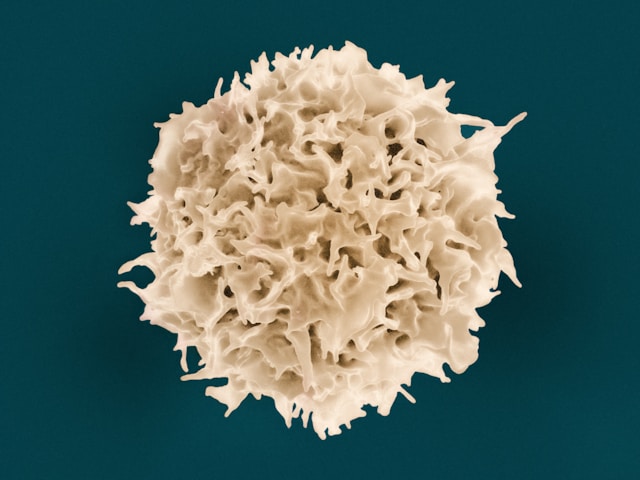Iron Infusions: What to Expect
Iron infusions rapidly replenish iron stores by delivering iron directly into bloodstream, bypassing digestive absorption issues. Needed when oral iron causes intolerance (nausea, constipation, stomach pain), malabsorption (IBD, celiac, gastric bypass), severe deficiency requiring rapid replacement, ongoing blood loss, chronic kidney disease, or inflammatory conditions interfering with oral absorption. Common formulations include Injectafer (two 15-30 minute infusions one week apart), Venofer (multiple 2-3 hour infusions over weeks), Feraheme (two 15-minute infusions 3-8 days apart), and Monoferric (single 20-minute infusion completing treatment). Most patients notice energy improvement within 3-7 days, with full restoration within 4-8 weeks as new red blood cells form. Benefits include rapid iron replenishment (much faster than months of oral supplementation), bypassing absorption issues, no GI side effects, improved energy and exercise tolerance, symptom resolution (dizziness, weakness, cold sensitivity, restless legs), fewer infusions needed versus daily pills, and improved quality of life. Common side effects include metallic taste (brief, harmless), mild nausea, headache, muscle aches, and dark stools after infusion (normal). Rare allergic reactions possible; newer formulations have lower risk than older iron dextran.




















